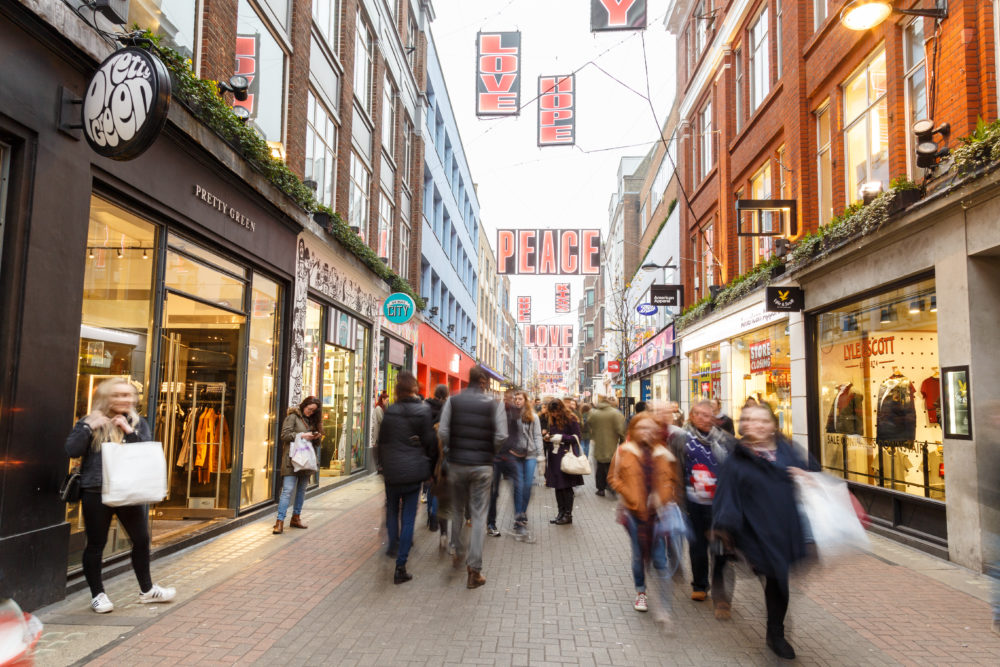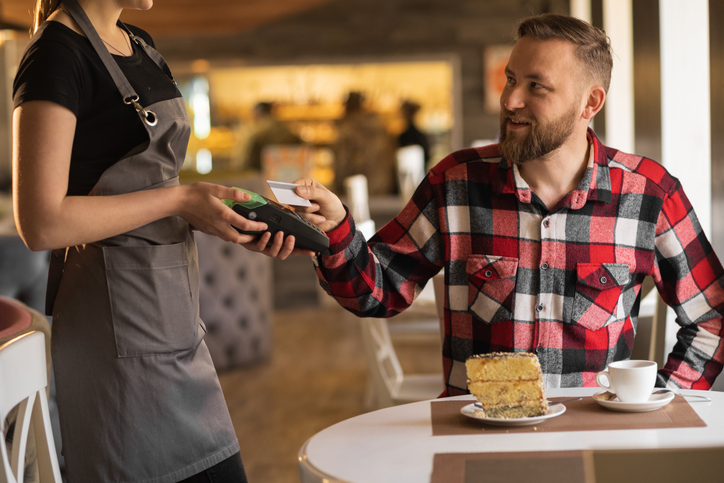In a world where everyone is now choosing to shop online, are we ready to wave goodbye to the high street store? It appears not. Recent figures from the Office of National Statistics have shown that high street sales were up by around 7 per cent year on year in October 2016 and consumers also increased the amount they spent in high street stores by an additional 6 per cent.
With so many of us purchasing on the go, it can be seen as the easy option to simply take out your smartphone and order in just a few clicks. Mobile shopping has become the norm with many not even considering the high street as a viable choice anymore, but it seems that the high street still offers certain advantages over online stores.
Times have changed and we have had to change with them. As a family-run company, located in Greater Manchester, we have been trading for over 60 years and have had to embrace the world of online retail to stay with the trends. However as a fourth generation retailer we still believe there is something to be said for a brick and mortar store.
Does convenience outweigh experience?
Recently there has been more focus on smaller businesses with Theresa May hailing them ‘the backbone of Britain’, and many of these small businesses are choosing good old-fashioned high street retail to ply their trade. Through our experiences, although many customers enjoy the convenience of online shopping, a major limitation to buying from the comfort of your own home is that you aren’t able to feel and experience the quality of what you are buying. Experiencing a product is a vital part of the buying process, which is hardwired into us. We want to touch what we are exchanging our hard-earned cash for in order to eliminate buyer remorse.
Most of us, at some point, will have bought something online only to be disappointed when it has arrived. It then ends up being returned with the added wait for the retailer to receive it for you to get your money back. With a high street store, the chance of returning an item because the customer isn’t impressed is considerably lower due to the fact that the customer is able to experience the product before making a payment.
The recent changes within the retail industry have inspired a shift, certainly in the way we operate. Over the past six decades, we have gained a local reputation for offering great quality and customer service which we have transferred to our online store, with a wealth of experience both behind the till and keyboard.
Human contact
Customer service is another key argument in the battle between online and offline shopping. Although a lot of online retailers offer superb customer service, emailing or talking through a chat system just isn’t the same as speaking face to face with a human being. Along with this, sales and marketing can also be more effective when you are talking directly to a potential buyer. Any good salesman will tell you that a direct meeting is the best way to seal the deal, so although you may be able to lure people in with tempting offers and online discounts, it may not match up to that face-to-face selling.
How can retailers strike a balance?
It is clear that traditional and modern shopping habits are two distinct elements which need to work together to offer the best possible customer service. We run a number of shops in Bury, Middleton and Warrington as well as our online store. Of course, the store has a lot of online customers from all over the country but many of our local customers, primarily in the Greater Manchester and Lancashire area are using the website to browse and check what products are available, then proceeding to the physical store to purchase items in person.
In short, being present both online and offline and combining the convenience of e-commerce with the added benefits that the high street has to offer is a boon to any company.
If you are running a small business, can you afford to ignore the benefits of both on and offline retailing?
Jonathan Loofe is owner of Loofes Clothing.





